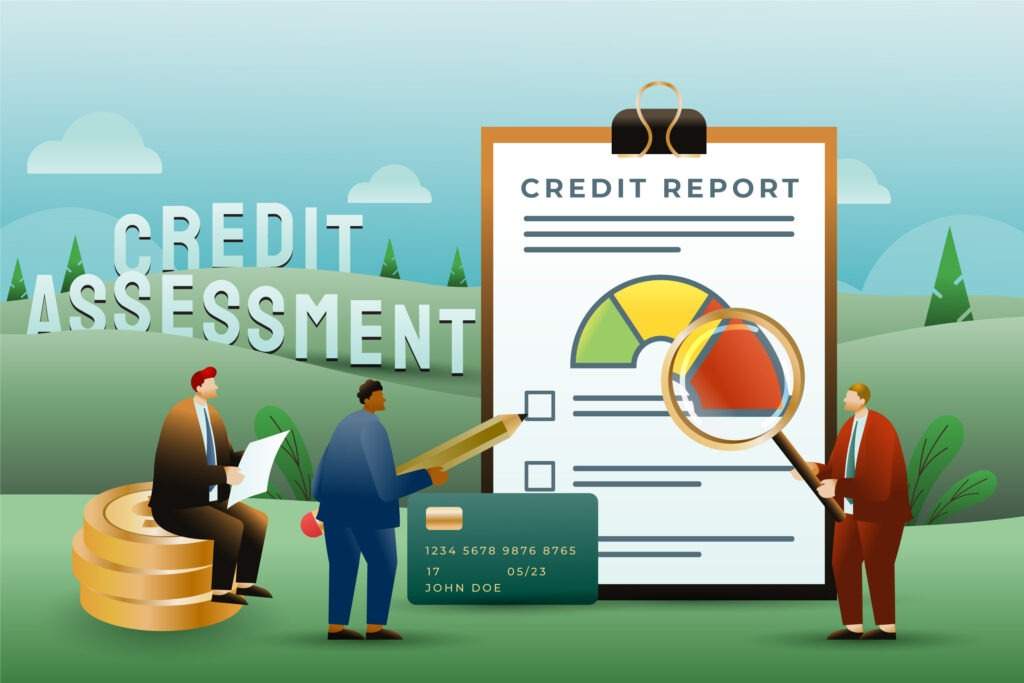
Methods to Improve Your Credit Rating
Introduction
Your credit rating in the credit rating certificate is a numerical representation of your creditworthiness, and it plays a crucial role in your financial life. A good credit rating opens doors to favourable loan terms, lower interest rates, and increased financial opportunities. However, a poor credit rating can make it challenging to secure loans or credit cards, and it may lead to higher interest rates and limited financial options. To help you improve your credit rating, we have compiled a list of effective methods that you can implement today.
Pay Bills on Time:
One of the most critical factors affecting your credit rating is your payment history. Consistently paying your bills on time demonstrates financial responsibility and reliability. Set up payment reminders or automatic payments to ensure you never miss a due date. By doing so, you’ll avoid late payment penalties and maintain a positive credit history.
Reduce Credit Card Debt:
High credit card balances can negatively impact your credit rating. Aim to keep your credit utilisation ratio—the percentage of available credit you’re using—below 30%. Paying off debts and avoiding maxing out your credit cards can significantly improve your credit score. Consider creating a repayment plan and focusing on reducing your credit card balances to enhance your creditworthiness.
Diversify Your Credit Mix:
Obtaining a copy of your credit report from each major credit bureau annually is essential. Review it for any errors or inaccuracies that may be negatively affecting your credit rating. If you find any discrepancies, promptly dispute them with the credit bureau to ensure your credit report accurately reflects your creditworthiness.
Regularly Check Your Credit Report:
Obtaining a copy of your credit report from each major credit bureau annually is essential. Review it for any errors or inaccuracies that may be negatively affecting your credit rating. If you find any discrepancies, promptly dispute them with the credit bureau to ensure your credit report accurately reflects your creditworthiness.
Avoid Closing Old Credit Accounts:
Closing old credit accounts can shorten your credit history, potentially lowering your credit rating. Instead, keep these accounts open and occasionally use them for small purchases to maintain activity. This demonstrates a long-standing credit history and responsible credit management, positively impacting your creditworthiness.
Limit New Credit Applications:
Each time you apply for new credit, it generates a “hard inquiry” on your credit report, which can temporarily lower your credit score. Limit the number of credit applications you submit, especially within a short period. Only apply for credit when necessary, and be mindful of its potential impact on your credit rating.
Build a Positive Payment History:
Consistently making on-time payments over an extended period is a crucial factor in improving your credit rating. It shows lenders that you can be relied upon to fulfil your financial obligations. Focus on making timely payments for all your credit accounts, including loans, credit cards, and utilities.
Utilise Secured Credit Cards or Credit Builder Loans:
If you have a limited credit history or a low credit score, secured credit cards or credit builder loans can be helpful tools for rebuilding your credit. Secured credit cards require a security deposit, while credit builder loans provide an opportunity to establish credit by making small monthly payments. Both options can help you demonstrate responsible credit behaviour and improve your credit rating over time.
Maintain Communication with Creditors:
In times of financial difficulty, it’s crucial to communicate with your creditors. If you’re unable to make a payment, reach out to them and explain your situation. Some creditors may offer temporary payment arrangements or hardship programs that can prevent negative impacts on your credit rating. Open communication can help you avoid delinquencies and maintain a positive relationship with lenders.
Patience and Persistence:
Improving your credit rating is not an overnight process. It requires patience, persistence, and consistent effort. Focus on practising good credit habits, such as paying bills on time, reducing debt, and maintaining open lines of communication with creditors. Over time, you’ll see positive changes in your creditworthiness and enjoy the benefits of an improved credit rating.
Conclusion:
Improving your credit rating is a worthwhile endeavour that can positively impact your financial well-being. By implementing the methods mentioned above, you can take control of your credit and work towards a better credit rating. Remember that building good credit habits takes time, so be patient and persistent in your efforts. As your credit rating improves, you’ll gain access to more favourable financial opportunities and enjoy greater financial freedom.
Take the first step towards a better future with ICRA.
